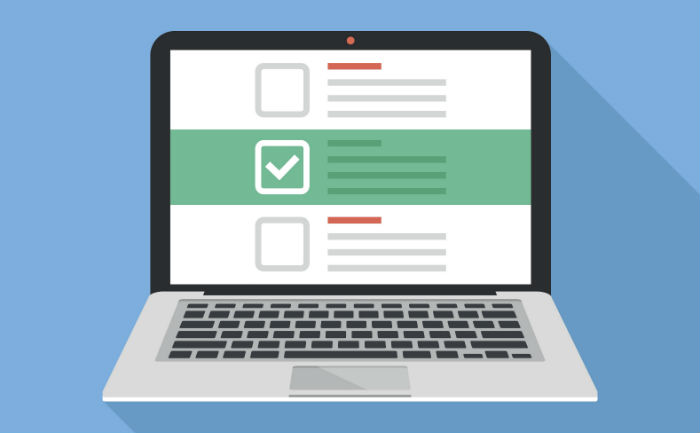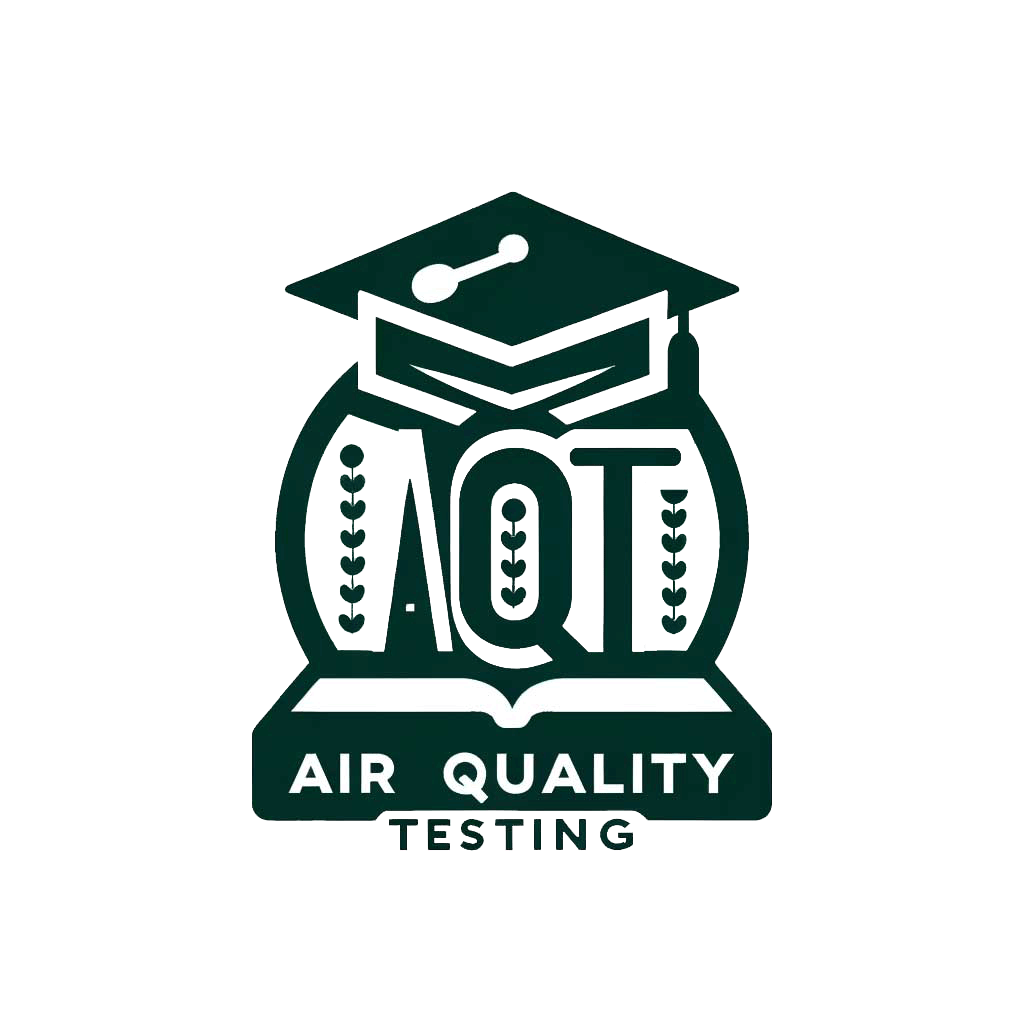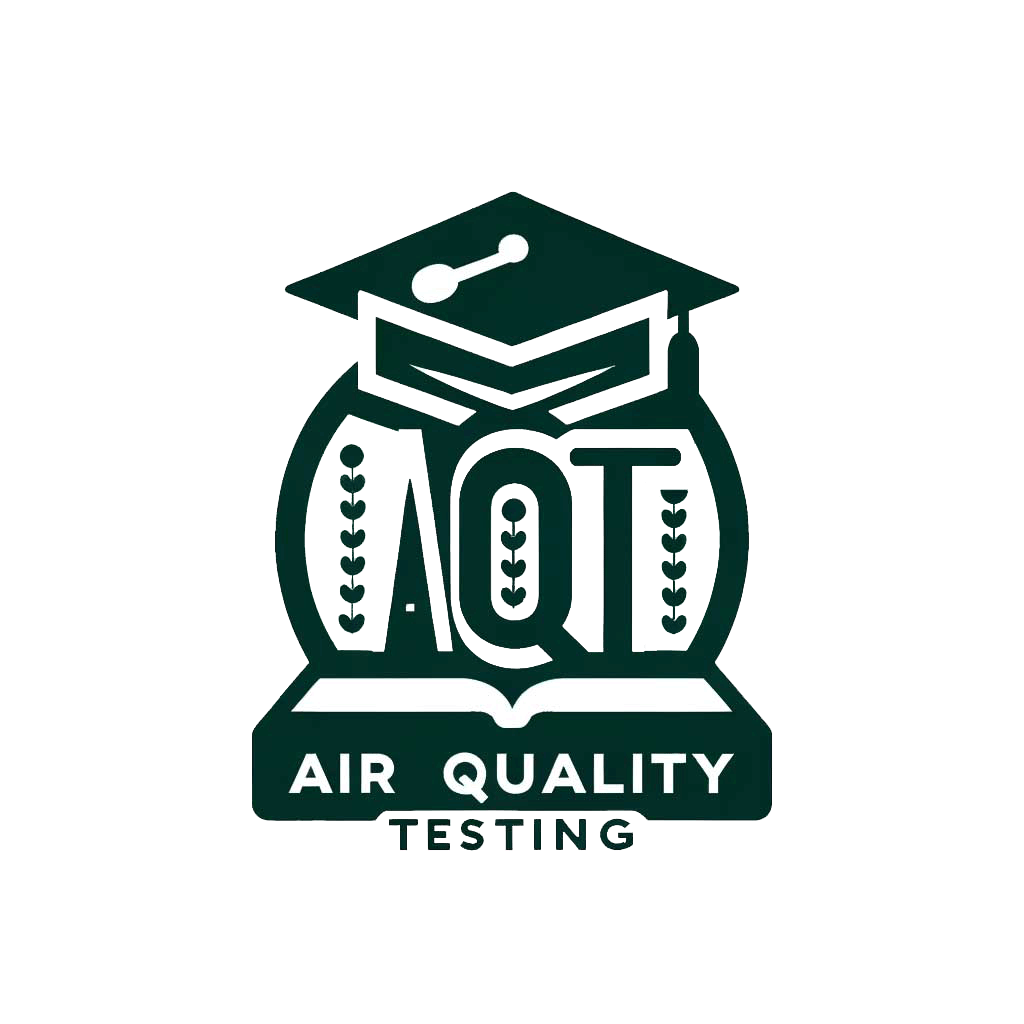Comparison Guide


Learning Material: Maintaining Energy Efficiency
Maintaining energy efficiency beyond duct cleaning is crucial for homeowners seeking to sustain the benefits of improved HVAC system performance and reduced energy consumption. This comprehensive learning material offers tips for homeowners to maintain energy efficiency, emphasizing the significance of regular maintenance, filter replacement, and proper HVAC system care.
1. Regular HVAC System Maintenance:
a. Scheduled Check-Ups: Arrange annual professional HVAC inspections to ensure the system is running efficiently and address any issues promptly.
b. Preventive Care: Regular maintenance helps identify potential problems before they escalate, reducing energy waste and preventing costly repairs.
2. Timely Filter Replacement:
a. Filter Efficiency: Regularly replace HVAC filters every 1 to 3 months, depending on the filter type, to ensure optimal airflow and energy efficiency.
b. Improved Air Quality: Clean filters improve indoor air quality and reduce the workload on the HVAC system, contributing to energy savings.
3. Thermostat Management:
a. Programmable Thermostats: Utilize programmable thermostats to regulate temperatures based on your schedule, avoiding unnecessary energy consumption.
b. Optimal Set Temperatures: Set temperatures slightly lower in winter and higher in summer when you’re away to save energy without sacrificing comfort.
4. Sealing and Insulation:
a. Address Gaps: Regularly inspect and seal gaps and cracks around windows, doors, and walls to prevent energy loss and maintain consistent temperatures.
b. Insulation Check: Ensure your home’s insulation is adequate to prevent heat transfer and maintain comfortable indoor temperatures.
5. Efficient Appliance Use:
a. Energy Star Appliances: Choose energy-efficient appliances with the Energy Star label to reduce electricity consumption and lower utility bills.
b. Unplugging Electronics: Unplug electronics and chargers when not in use to prevent “phantom” energy consumption.
6. Conserving Water:
a. Efficient Water Use: Implement water-saving practices such as fixing leaks promptly and using low-flow faucets and showerheads.
b. Water Heater Maintenance: Insulate your water heater and set its temperature to a reasonable level to reduce energy usage.
7. Landscaping Strategies:
a. Shade and Insulation: Plant trees strategically to provide shade in the summer and insulation in the winter, aiding in temperature regulation.
8. Informed Energy Choices:
a. Educate Yourself: Stay informed about energy-saving technologies and practices, making informed decisions to enhance efficiency.
9. Professional Consultation:
a. HVAC Professionals: Seek guidance from HVAC professionals to implement effective energy-saving strategies tailored to your home’s needs.
10. Monitoring Energy Consumption:
a. Track Usage: Monitor your energy consumption using smart meters or utility bills, identifying trends and areas for potential improvement.
In summary, maintaining energy efficiency goes beyond duct cleaning and involves adopting a holistic approach to energy-saving practices. Regular maintenance, filter replacement, proper HVAC system care, and strategic energy-conscious choices contribute to sustained energy efficiency, cost savings, and a more environmentally friendly home environment.
frequently asked questions
Why is energy efficiency important for homeowners?
Understanding the benefits of energy-efficient homes helps homeowners make informed decisions that lead to financial savings, environmental responsibility, and improved well-being.
How does energy efficiency impact utility bills?
Energy-efficient homes consume less energy for heating, cooling, lighting, and appliances. This translates to lower utility bills and direct financial savings.
What is the significance of reducing one's carbon footprint?
Energy-efficient homes contribute to a smaller carbon footprint by consuming less energy and emitting fewer greenhouse gases, supporting a more sustainable planet.
What advantages do energy-efficient practices offer in terms of comfort?
Energy-efficient homes maintain more consistent indoor temperatures and improved air quality, resulting in enhanced comfort and well-being for residents.
Can energy-efficient upgrades lead to long-term savings?
Yes, energy-efficient upgrades such as insulation, efficient appliances, and lighting pay off over time through lower energy bills and a substantial return on investment.
How can energy efficiency impact property value?
Energy-efficient homes have higher market appeal, attracting environmentally conscious buyers and potentially increasing property value.
Are there financial incentives for energy-efficient practices?
Many governments offer incentives, tax credits, and rebates to encourage homeowners to adopt energy-efficient practices and upgrades.
What is the connection between energy efficiency and reduced maintenance costs?
Energy-efficient systems, like HVAC units, experience less strain and tend to last longer, leading to reduced maintenance costs.
How do energy-efficient homes contribute to health and safety?
Energy-efficient homes often have better insulation and ventilation, resulting in a healthier living environment with fewer allergens and respiratory irritants.
What broader impacts can energy-efficient homeowners have?
Energy-efficient homeowners set an example for their communities, inspiring others to adopt similar practices and contribute to collective sustainability efforts.



 NADCA
NADCA 


